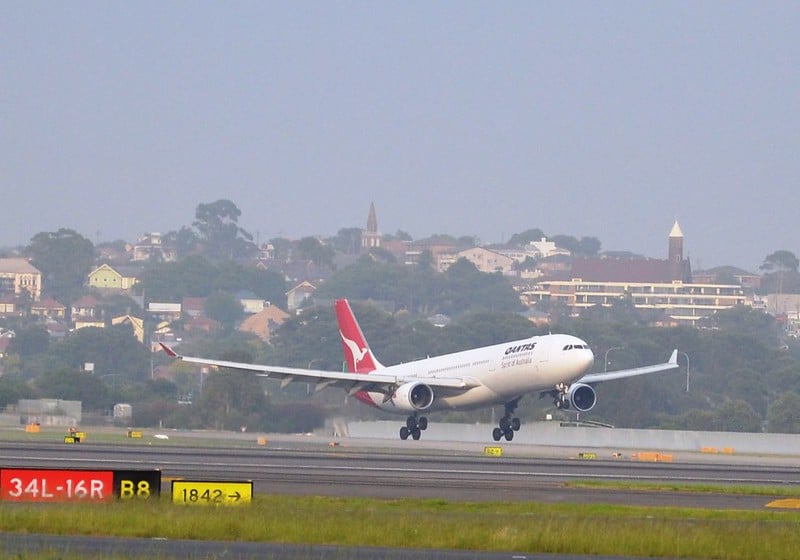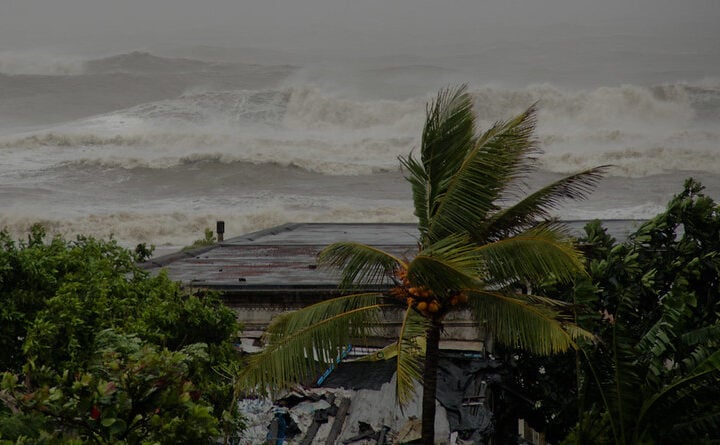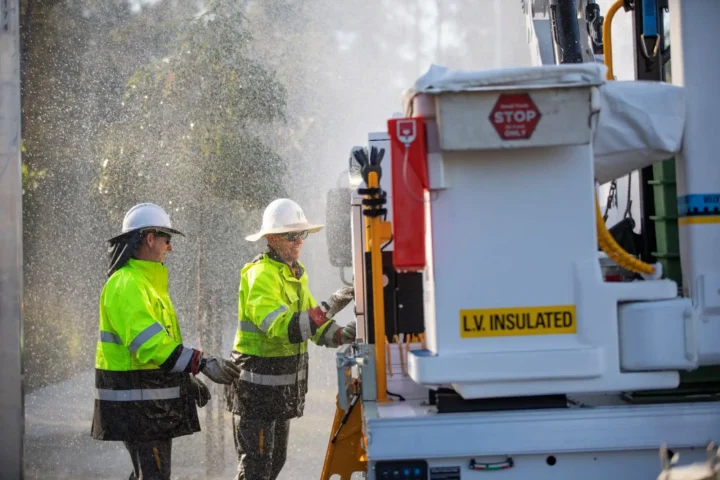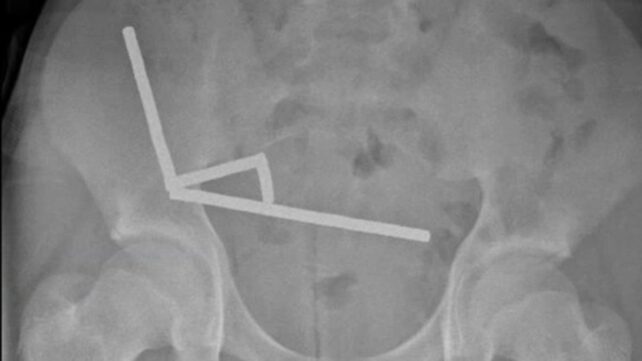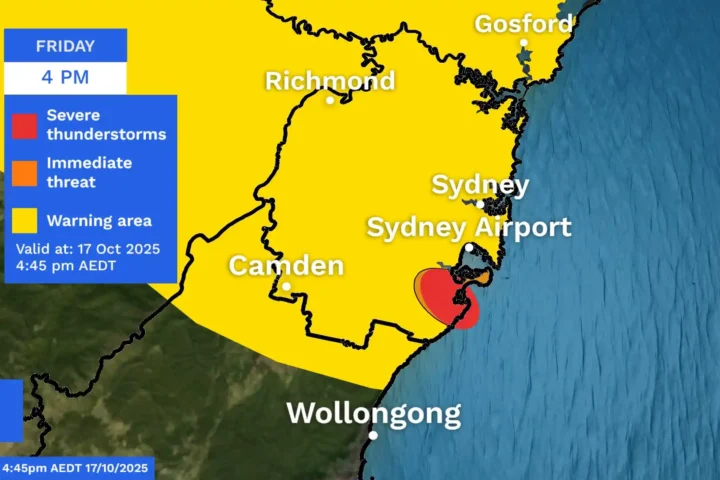A Qantas trainee pilot briefly lost consciousness while taxiing a Boeing 737 aircraft after landing at Sydney Airport on Tuesday, June 10, 2025. The incident occurred on flight QF804 from Canberra, which was carrying 113 passengers and 8 crew members.
The plane had safely landed and was taxiing to Gate T3 at Sydney’s terminal when the trainee captain informed the first officer he was feeling unwell. After applying the aircraft’s brakes, the pilot then passed out.
Fortunately, a supervising check captain was present in the cockpit as part of Qantas’s standard training protocols. This third pilot immediately took control of the aircraft and safely completed taxiing to the gate around 7:00 PM local time.
Medical personnel treated the unconscious pilot while passengers disembarked normally. No injuries were reported among passengers or other crew members.
The Australian Transport Safety Bureau (ATSB) confirmed it was notified of the “pilot incapacitation event” but will not conduct a full investigation. The ATSB stated that since two other pilots quickly took control, the situation was “effectively managed and posed no ongoing threat to flight safety.”
Qantas acknowledged the incident in a statement: “Our pilots followed standard operating procedures when one pilot suffered a medical incident following landing in Sydney. The safety and wellbeing of our passengers and crew is our priority, and we’re supporting the individual following the incident.”
The airline declined to provide specific details about the medical cause, citing privacy concerns.
Similar Posts
This marks the second similar incident for Qantas in just three months. In March 2025, another Qantas Boeing 737 captain experienced chest pains during a flight from Brisbane to Sydney. In that case, the first officer took control of the aircraft and requested priority landing. Flight attendants prepared a defibrillator, though it wasn’t activated. That captain remained conscious throughout the flight and was able to taxi to the gate before receiving medical attention.
Aviation expert Peter Carter explained the strict regulations monitoring pilots’ health: “Airline pilots must undergo annual medical examinations by a designated aviation medical examiner. Pilots must ground themselves if they have a medically significant condition

Carter added that the trainee pilot would be unable to resume flying duties until properly recertified. “The standard of testing is higher for airline pilots than, for example, private pilots. A medical condition does not itself prevent the medical certificate from being issued. It’s a question of whether the condition poses a safety risk.”
The incident has raised questions in the aviation industry about medical readiness in cockpits and potential concerns about increased pilot fatigue in the post-pandemic aviation environment.
